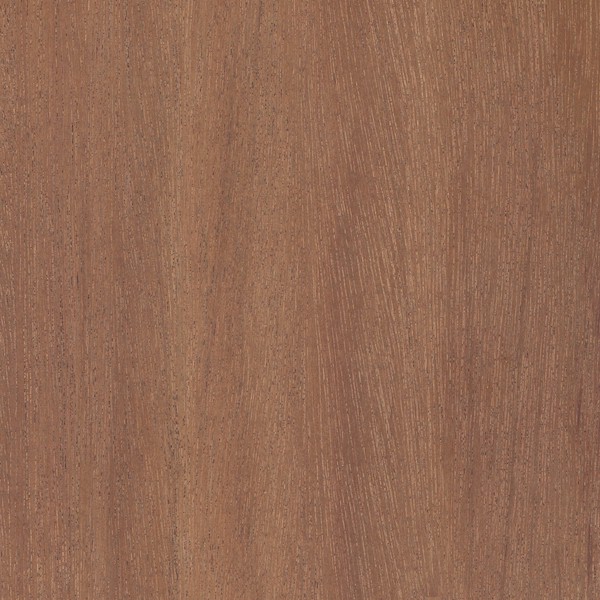C or thermal conductance of these materials is the reciprocal of the r value.
Thermal conductivity of hardwood siding.
C is known only when the k the thermal conductivity of a material is known.
Thermal conductivity is a material property that describes ability to conduct heat thermal conductivity can be defined as the quantity of heat transmitted through a unit thickness of a material in a direction normal to a surface of unit area due to a unit temperature gradient under steady state conditions.
This change in construction material can be attributed to the thermal conductivity of softwoods being approximately 1 7 that of brick.
Hour degf.
Plywood typically has a k value of 1 or less while ceramic tile for.
Values are also presented which will permit modification of the thermal conductivity factors when conditions require other mean temperatures.
Design values of thermal conductivity at that temperature are presented for all of the common classes and kinds of insulation board hardboard and particleboard.
A thermal conductivity of 0 1213 w mk for pine was the product of the hfm measurement.
The higher the k value the greater the ability of the material to conduct heat.
Conductivity can be an issue in situations such as the installation of an underfloor hydronic heating system where you want the flooring to conduct heat.
A collaborative platform that significantly improves the process to chronicle share and advance projects online.
K is the heat transmitted through a 1 inch thickness of homogenous material per square foot per hour when there is 1 degree of temperature change.
The lower the k the higher the insulation value.
Presently wood has become an alternative to brick in the construction of homes.
Thermal conductivity is presented as a k value and the higher this value is the better able it is to conduct heat.
For example the thermal conductivity of pine in the direction of the grain is 0 22 w moc and.
The ability of a material to conduct heat is measured by the thermal conductivity k.
In the direction of the grain the thermal conductivity of wood is about twice what it is perpendicular to the grain.
The thermal conductivity of wood is relatively low because of the porosity of timber.
Thermal conductivity declines as the density of the wood decreases.

